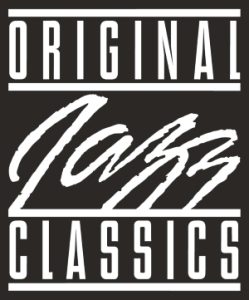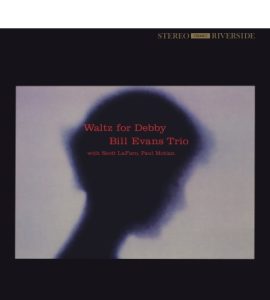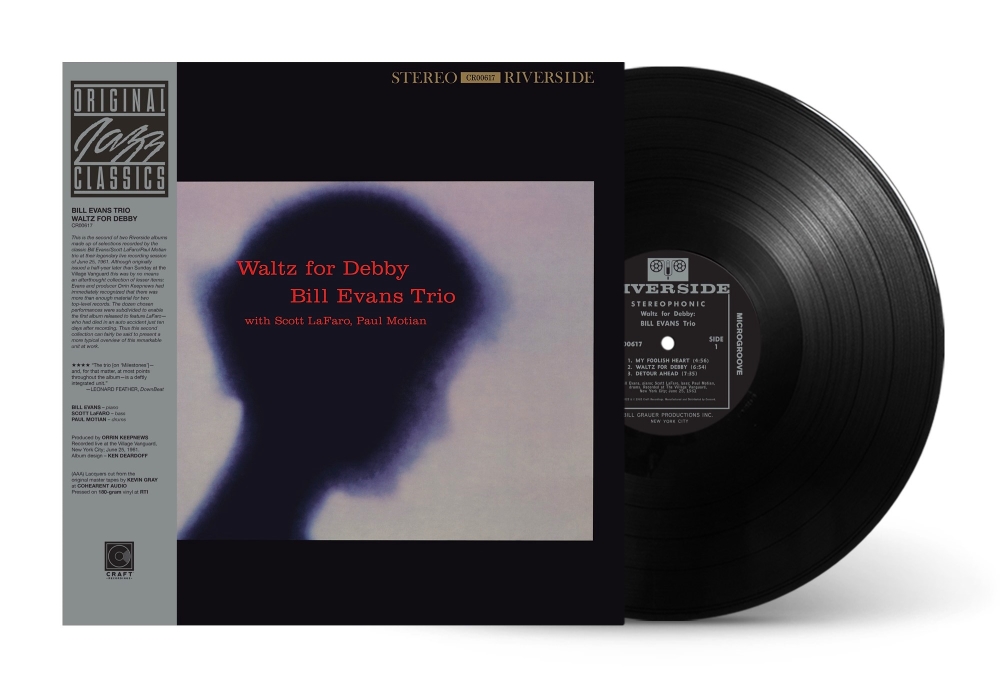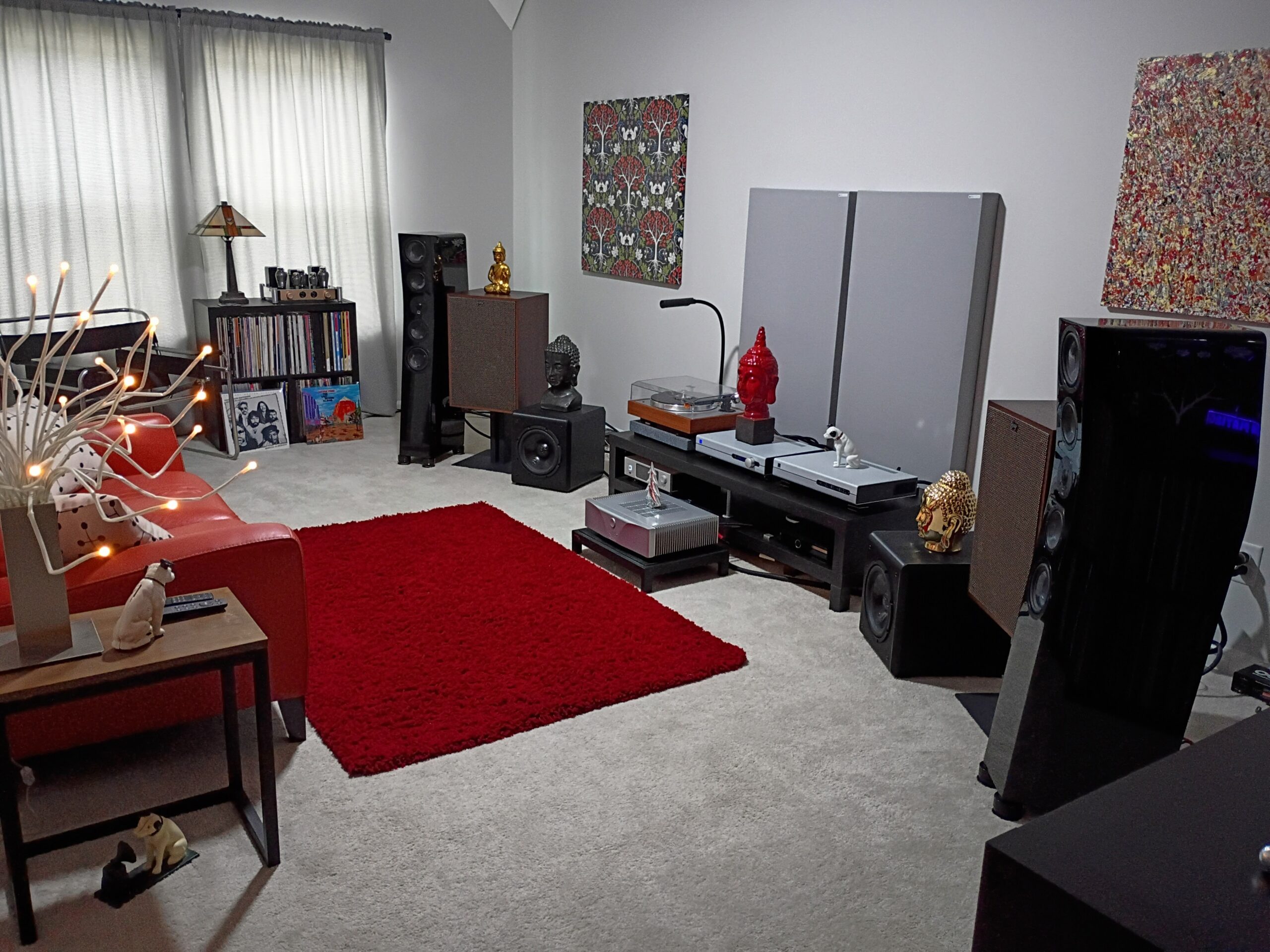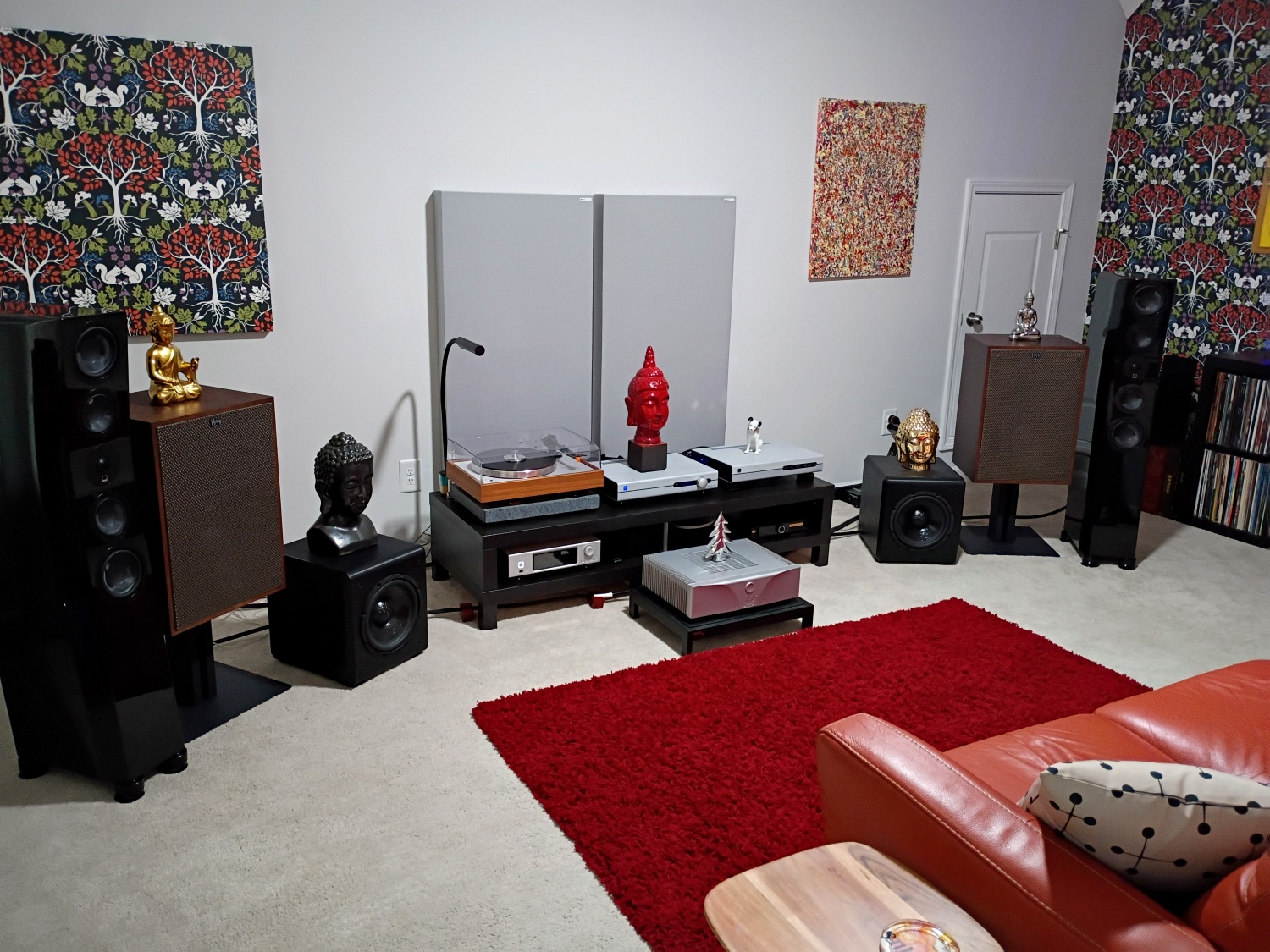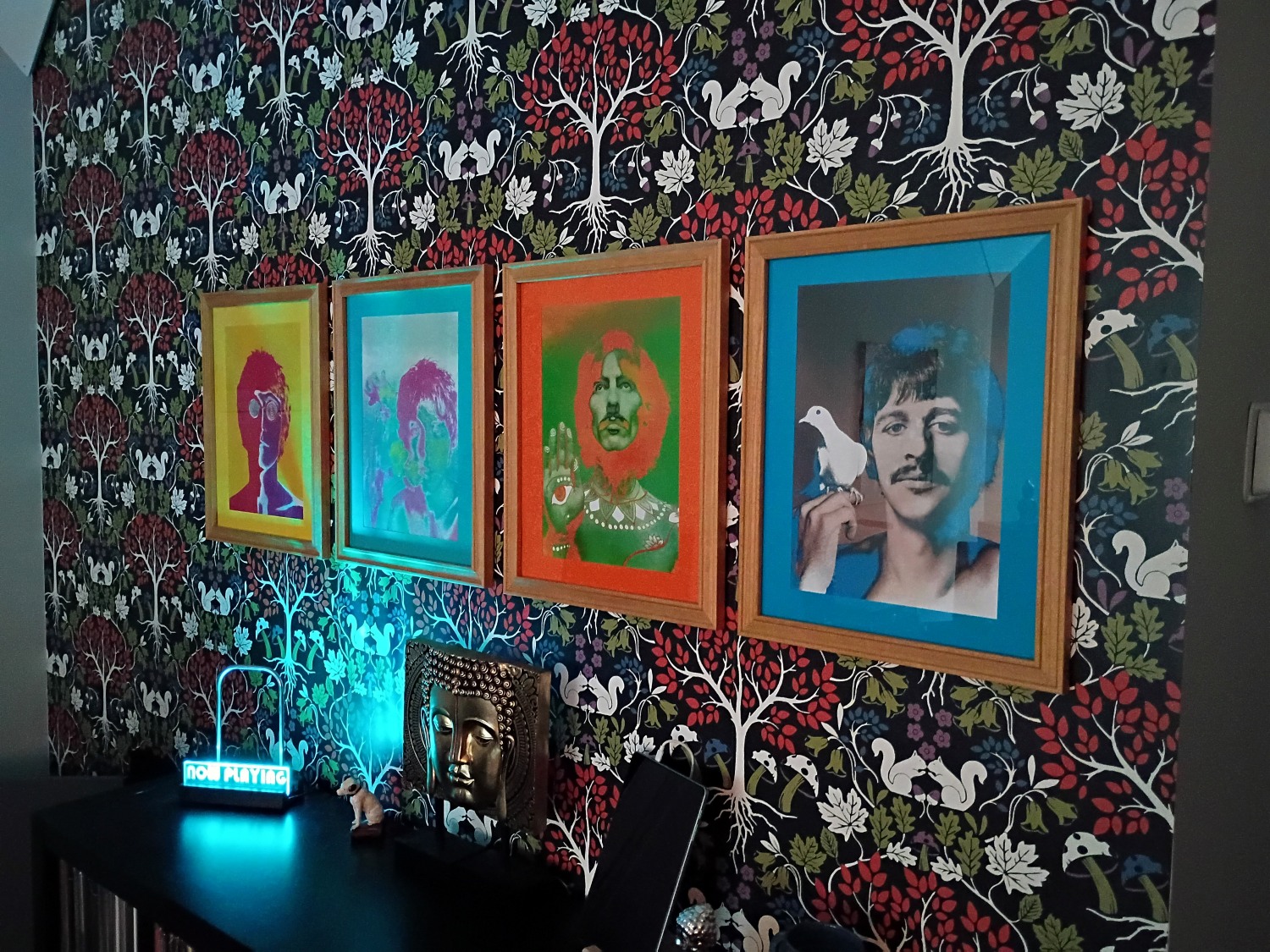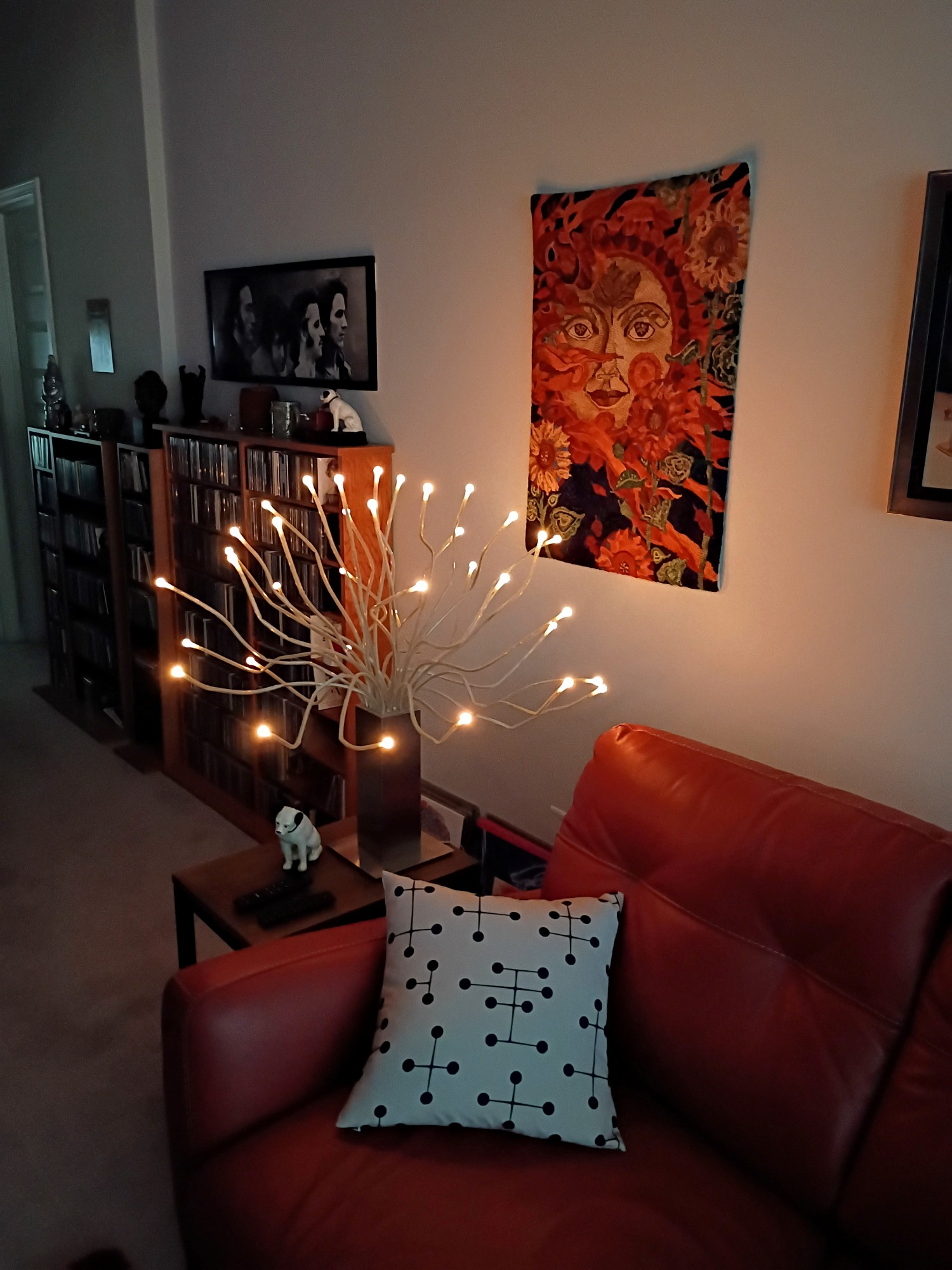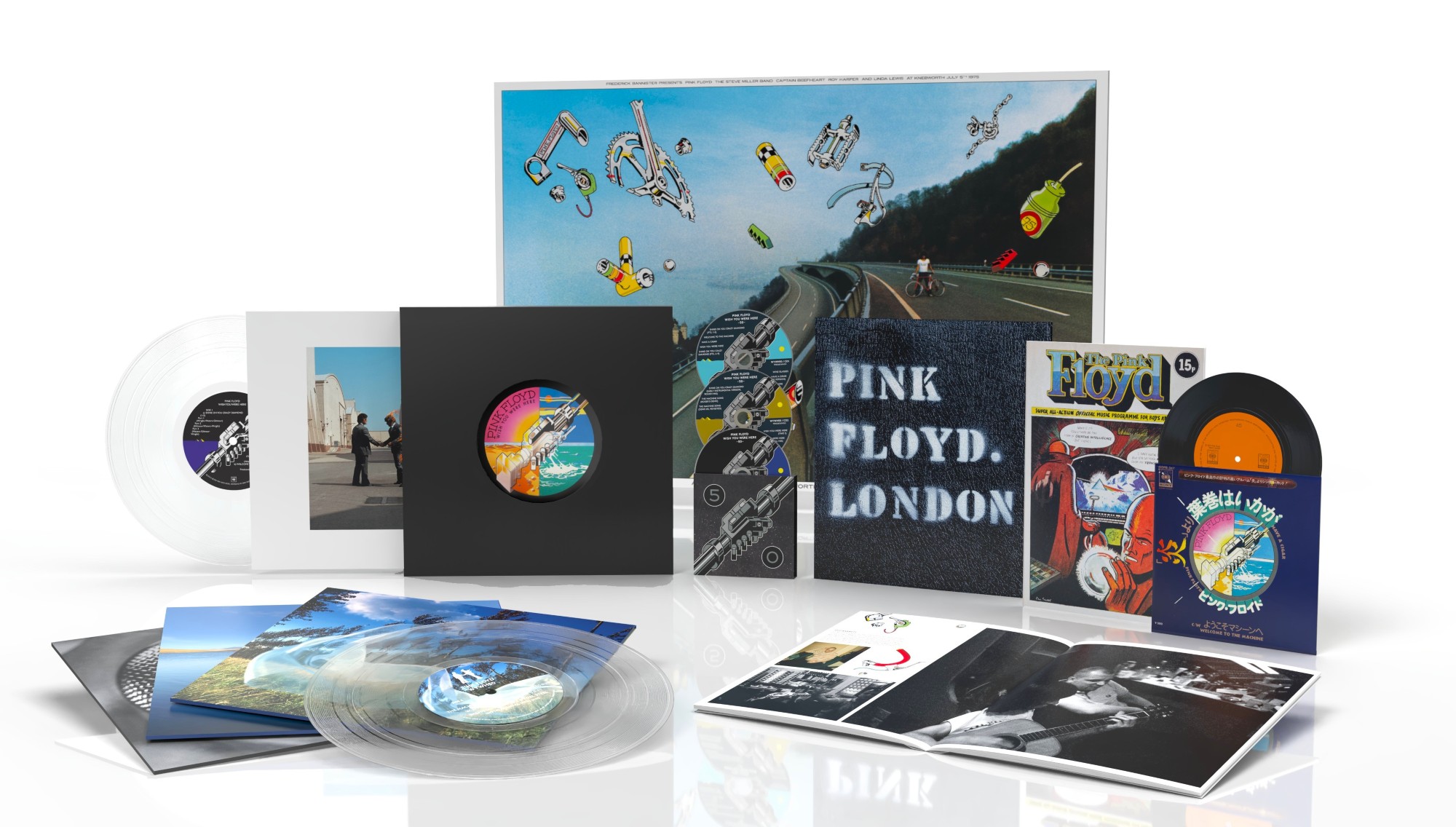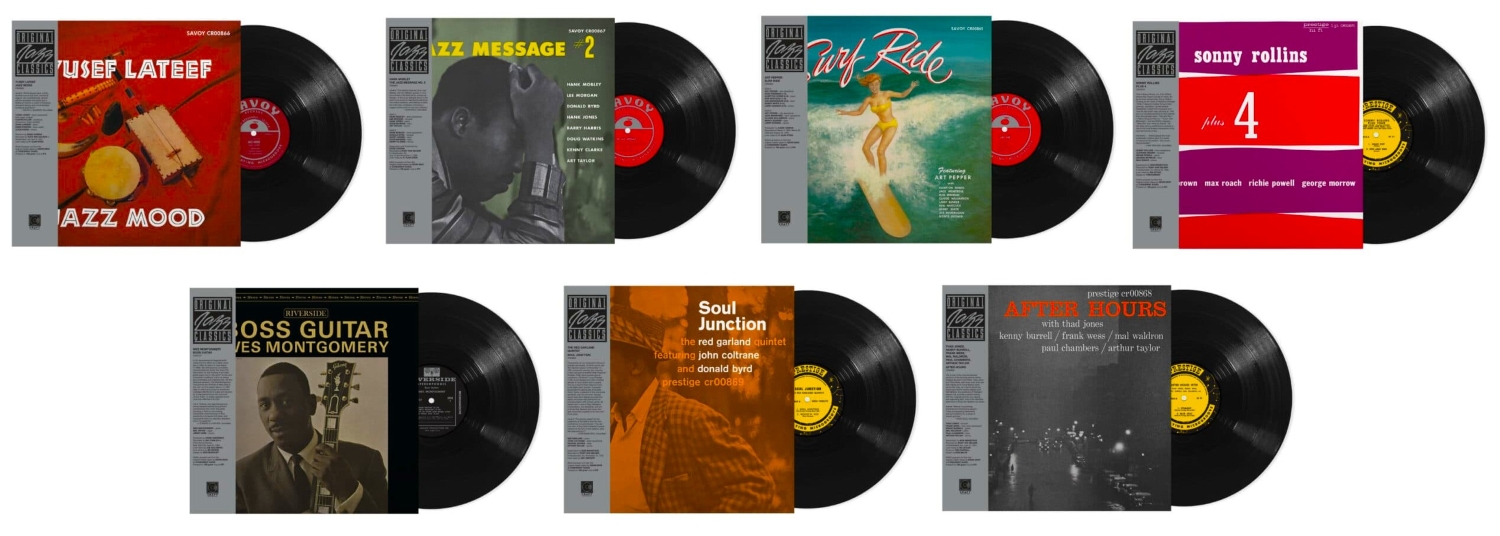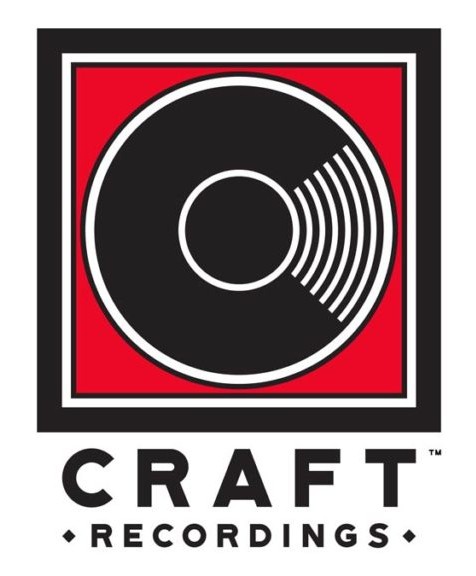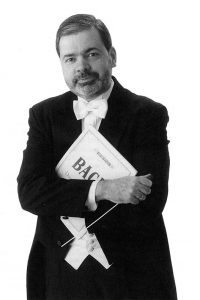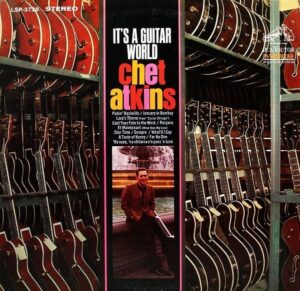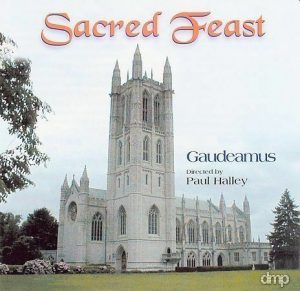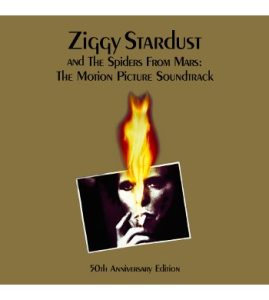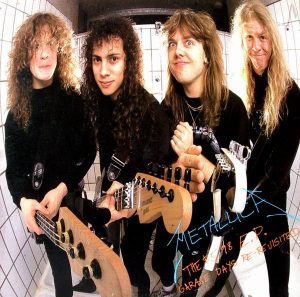Craft Recordings is continuing their much anticipated Original Jazz Classics imprint reboot with the second batch of releases in the series, starting with the Bill Evans Trio's classic Waltz For Debby. This album unfortunately closed the books on Evans' first great trio; the legendary Village Vanguard live sessions that took place on June 25, 1961 would mark the last time the group played together. The trio played five sets that day, and Bill Evans and producer Orrin Keepnews were convinced that there was enough quality material scattered across the sets to yield a couple of albums. Only ten days following the Village Vanguard recordings, bassist Scot LaFaro was killed in an auto accident, and in the aftermath of that tragedy, Evans and Keepnews decided to issue two complete albums. The first, Sunday At The Village Vanguard (scheduled for release soon in this excellent series), was meant to highlight LaFaro's technical prowess as a musician and composer, and featured tunes that showcased his impressive soloing on select numbers. This LP, Waltz For Debby, featured a track selection that was more representative of the trio's typical set list at the time.
All of the current group of available OJC titles have been cut from the original master tapes by Kevin Gray at Cohearent Audio. Waltz For Debby is an all analog, AAA release that was pressed on 180-gram vinyl at RTI; all the OJC reissues are arriving in near-perfect replicas of the original tip-on jackets. Artwork for the reissue was pulled for the project from Fantasy's vaults, and the album jacket also features a really cool OBI strip, which definitely enhances their collectability. And following Craft Recordings' recent trend, the LP arrived encased in MoFi-style scratch-free rice paper inner sleeves; it's a beautiful touch and provides excellent protection for the albums. Craft's excellent job of packaging with their recent reissues adds a significant level of desirability to collectors, and Waltz For Debby is no exception. The album is also available as a high resolution 24-bit/192kHz digital download, available for both purchase and streaming.
Bill Evans Trio, Waltz For Debby. 180 Gram Craft Recordings LP, $39.00 MSRP
Not long after Bill Evans' split from Miles Davis' group, he was approached by bassist Scot LaFaro, who expressed interest in forming a trio. LaFaro suggested Paul Motian as the trio's drummer; Evans had worked with Motian on his album New Jazz Conceptions and was particularly keen on all of LaFaro's ideas. Evans became fascinated with LaFaro's nearly unrestrained technique on the bass along with his nearly effortless soloing, and Motian's energetic drumming proved to be a perfect fit. The trio recorded two albums together, 1959's Portrait In Jazz and 1961's Explorations, and the Bill Evans Trio was generally considered to be the most exciting jazz trio on the scene. As in any creative endeavor, there were musical and personal differences between the members, but the live recordings later in 1961 at NYC's Village Vanguard were going to set the stage for the trio's runaway success. Following LaFaro's untimely death, Bill Evans was said to be in a state of complete shock and nearly numb with grief, and didn't perform or record for months following the tragedy.
As I mentioned earlier, the selection of tracks chosen for Waltz For Debby was intended to be more typical of a Bill Evans Trio set from that time. Side one opens with the trio's take on the Victor Young/Ned Washington standard "My Foolish Heart," a ballad that Evans had a particular affinity for. The tune is literally a clinic on intimate and sympathetic interplay between three musicians who completely understand each other; Evans' opening statement of the song's main theme is beautifully poignant, and LaFaro and Motian provide the perfect rhythmic foundation. Paul Motian's brushwork is particularly delicate and expressive, and LaFaro is uncharacteristically restrained. The second track, the eponymous "Waltz For Debby," has become associated with Evans throughout his career, and in later years became a staple of his concert performances. The tune opens with a lilting, waltz-like opening, but soon accelerates quickly into a rapidly moving showcase for the talents of all three musicians, with a particularly effective solo in the center from LaFaro. The Lou Carter/Herb Ellis/Johnny Frigo penned "Detour Ahead" is most closely associated with Billie Holiday's classic version, with a more subdued mood that allows the trio to wind down a bit. But it nonetheless allows both Evans and LaFaro to stretch out extensively, with Motian's excellent brush and cymbal work providing the necessary sparkle.
Side two begins with the trio's full-on extended version of the Rodgers and Hart standard "My Romance," which Evans had recorded as a miniature earlier on his New Jazz Conceptions album. The tune became another regular feature of Bill Evans' live shows, and really moves here, with Paul Motian actually pounding the skins pretty much throughout, only slowing for another classic LaFaro mid-section solo. Lenny Bernstein's "Some Other Time" is up next; Evans previously recorded it on his classic Everybody Digs Bill Evans, and the version here features some of Evans' most expressively melodic and intricate playing. The album closes with Miles Davis' "Milestones," and Evans' version here is a definite homage to his experiences with Miles. Evans, LaFaro, and Motian all play here with a level of reckless abandon that's a thrilling summation to one of the most classic live albums in the annals of jazz.
Waltz For Debby. Listening Evaluation
Click on my name in the header and you can see the equipment I used to evaluate this classic LP. I played Waltz For Debby on my mostly analog system that features the ProJect Classic EVO turntable that's mounted with a Hana SL moving coil cartridge. It plays through a Musical Surroundings Phonomena II+ with its dedicated Michael Yee linear power supply; the signal is then fed to a PrimaLuna EVO 300 tube integrated amplifier playing into a pair of KLH Model Five loudspeakers. It's a modern, but also very vintage-sounding analog system, and was perfectly suited to yield superb playback of this excellent reissue LP.
My black vinyl review copy had glossy surfaces, was perfectly flat, showed no surface imperfections and had no appreciable groove noise. That's been very typical for my recent experiences with LPs sourced from RTI, which are generally among the quietest pressings available. The overall sound quality of Craft Recordings' reissue of Waltz For Debby was a significant improvement over my OJC copy—which is great, but Craft's new pressing really takes it to the next level. Don't hesitate to grab a copy of this absolute classic, because they'll likely sell out very quickly. Even though I often see Craft releases that are listed as "sold out" on their website, they're frequently still available elsewhere, and I regularly see them on shelves at my local independent record shop. As good as this album is, I can't wait for August's release of Sunday At The Village Vanguard. Very highly recommended!
Craft Recordings
All images courtesy of Craft Recordings




